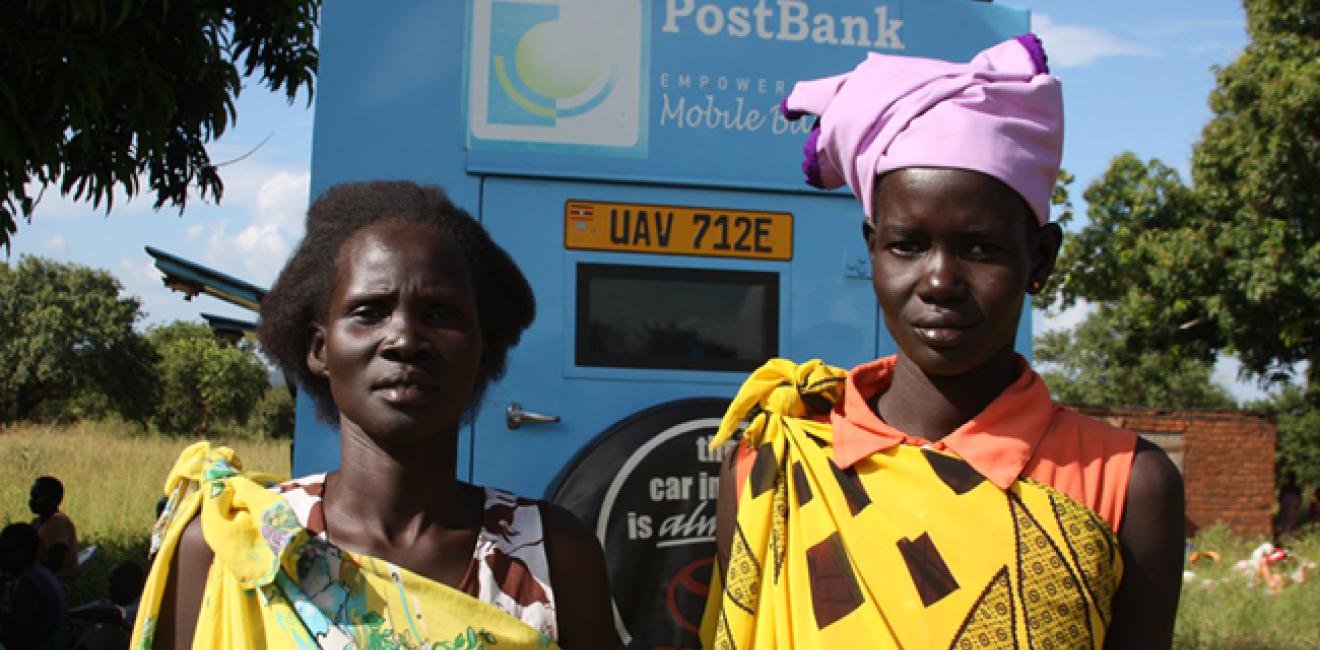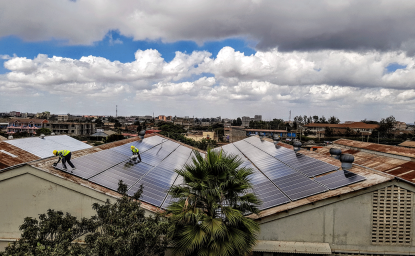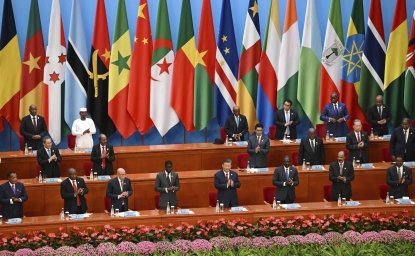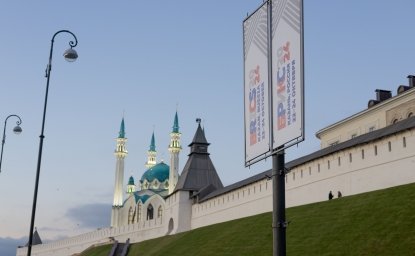
A blog of the Africa Program
"My umbilical cord is buried in South Sudan, and although I am disabled, I want to go back and build my country," declares Mary, who has lived in Uganda's Nyumanzi refugee settlement since 2013, when conflict broke out in newly-independent South Sudan. For her and many South Sudanese refugee women living in Uganda, the return home is eagerly anticipated. This goal hinges on the implementation of the 2018 Revitalized Agreement for the Resolution of Conflict in South Sudan (R-ARCSS), which provides a roadmap for an inclusive, united, peaceful and prosperous South Sudan. Similarly, these refugee women are intent on contributing to peacebuilding, unity, and their nation's recovery as they prepare to return. The case of South Sudanese women living in refugee settlements in the West Nile region of Uganda highlights the value of including refugee women in efforts to build and sustain peace, and their potential to be part of the solution in their countries of origin.
Mary is one of several refugee women leaders working alongside Ugandan women from the refugee hosting communities in the West Nile, under the umbrella of the Adjumani and Yumbe Women Peace Mediator Networks. As community-based peace builders, they collaborate with and complement the efforts of the District Peace Committees of the National Conflict Early Warning and Early Response Unit — charged with mitigating and reducing conflict to achieve a peaceful and stable Uganda. These women peace builders track conflict early warning indicators, document and analyze specific cases or trends, and mediate conflicts or report particular incidents for action by the District Peace Committees. These committees include local government leaders as well as district representatives of the military, police, internal security, local council, and religious leaders.
While living in the West Nile, South Sudanese refugee women have amassed a breadth of knowledge and experience addressing peace and security challenges similar to those currently faced in South Sudan. Current implementation of the revitalized peace agreement in South Sudan is affected by multiple factors including intercommunal violence, community-based conflict, and the adverse effects of resource paucity — all challenges which refugee women peace builders continue to successfully address in Uganda. In the Adjumani and Yumbe districts, refugee women peace builders have been recognized by local and national leaders for their roles in mitigating violence, mediating conflicts, and addressing persistent tensions between ethnic groups, mirroring similar divisions in their homeland, South Sudan. For example, women mediators intervened after a recent fight between Nuer and Dinka youth following a football match that led to the loss of five lives. As tensions rose and members of each community threatened to revenge with violence, the mediators met with the elders of each group. They also identified representatives from each of the families and ethnic groups who agreed to meet for a peaceful dialogue. After discussing the events, their perceptions of each other's motivations, the roles played by each group and their shared interest in peace, both delegations agreed to forgive and encourage reconciliation upon their return.
By working with Ugandan women leaders to address specific cases and facilitate dialogues through the women peace mediator networks, South Sudanese women are promoting peaceful coexistence in the refugee hosting districts where there is conflict between refugees and host community members. Such conflict often arises from disputes over land and other limited natural resources such as firewood, grass, water, and quarried stone. The refugee women mediate conflicts between herders and farmers over crops destroyed by cattle, between refugees and hosts over the prices of goods, as well as land access and ownership, among other similar issues. Moreover, refugee women peace builders consistently work with settlement and district leaders to report specific conflict triggers and ensure that root causes are addressed in the different communities. Their reports and work also feed into the national early warning data collection and inform early response by national authorities under the leadership of Uganda's Ministry of Internal Affairs.
Notably, refugee women along with host community women leaders are able to register these successes, while facing pushback related to the challenges of women's leadership in patriarchal contexts where negative perceptions about women's capacities and their place in society persist. Despite their visible contributions, when refugee women like Mary express interest in contributing to peace and nation building in South Sudan, they are often tasked with the duty to prove why they should be included. Mary explains, "As a woman with a disability, they either ignore or ask, 'who are you?'" Rose, a 26-year-old refugee peace builder narrates the experience of young women, "They say, 'you are still growing, how can you help your elders?' They also view youth as trouble makers who cannot represent others, so I have to struggle to show my peacebuilding knowledge and leadership skills." Nevertheless, South Sudanese refugee women continue to tackle broader challenges to positive peace, such as harmful cultural practices, which perpetuate forced and early marriage, teen pregnancy, heavy domestic burdens for women, and domestic violence as well as alcohol and drug abuse in their communities.
While the West Nile sub-region and refugee hosting districts in Uganda have benefitted from these refugee women peace builders' contributions, their voices and peacebuilding capacities are yet to contribute to shaping the united and peaceful South Sudan that they have their sights set on. However, it is evident that South Sudanese refugee women's lived experience, their peacebuilding training, and their capability as well as their unique voices as forcibly displaced women — including youth and women with disabilities — would add significant value to peacebuilding in South Sudan, particularly in line with the R-ARCSS's acknowledgement of the need for an inclusive and lasting peace.
Sandra Tumwesigye is the Advocacy and Partnerships Manager at Women's International Peace Centre, a feminist peacebuilding organization with a mission to ignite women's leadership, amplify their voices and deepen their activism in creating peace. She is a Southern Voices Network for Peacebuilding (SVNP) Scholar and an Africa Program Scholar during Spring 2022.
Photo Source: Portrait of South Sudanese refugee women in Uganda, EU/ECHO/ Bertha Wangari, flickr.com (CC by-NC-ND 2.0)
Author
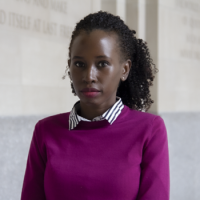
Advocacy and Partnerships Manager, Women's International Peace Centre

Africa Program
The Africa Program works to address the most critical issues facing Africa and US-Africa relations, build mutually beneficial US-Africa relations, and enhance knowledge and understanding about Africa in the United States. The Program achieves its mission through in-depth research and analyses, public discussion, working groups, and briefings that bring together policymakers, practitioners, and subject matter experts to analyze and offer practical options for tackling key challenges in Africa and in US-Africa relations. Read more

